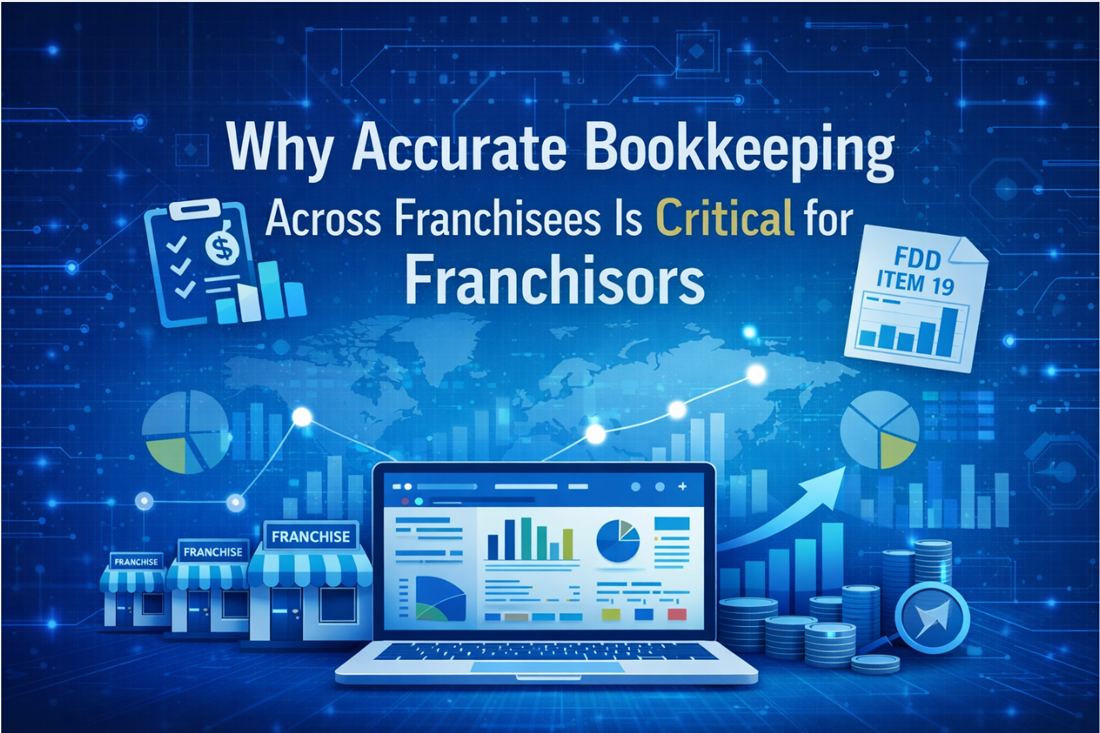If you own a business or earn a significant income, you may be wondering how to manage your tax situation and how much a tax consultant costs. There is a lot to consider when weighing the costs and benefits of hiring a tax consultant. You might need help mitigating tax exposure and ensuring tax planning, charitable giving, and other complex tax needs.
A tax consultant can help with any of these issues. They can also help file taxes as a business owner. How much you can expect to pay for the services of a tax consultant? Read on to find out.
How Do Tax Advisors Set Their Prices?
A tax consultant will charge a fee based on different factors. One factor is the type of forms that you need to file. The National Society of Accountants (NSA) reports that tax consultants typically charge between $176 and $457. It may cost more if you are filing more complex and specialized tax forms.
It costs $323 on average for an individual filing a tax return Form 1040 and a state return with itemized deductions. Tax filings such as business, gains and losses, and estate are more complex and have higher fees associated with them.
However, the actual costs vary based on your tax situation. Some elements that play a role in tax consulting fees include:
Location
The location of a tax consultant plays a big role in their fees. You can expect to pay higher fees for accountants based in a larger city with a high cost of living. For example, filing taxes in California will likely cost more than in other parts of the United States.
Complexity of Services
For simplified matters, such as preparing an average tax return, fees may be fairly low. However, you can expect to pay more in more complex cases that involve significant research or time.
If your situation requires specialized knowledge about tax codes, fees are usually commensurate with qualifications.
What Does a Tax Consultant Do?
A tax consultant is trained in tax law and financial accounting. They advise clients on income tax returns during tax season and help with financial matters, including trusts and estate planning.
They also should know recent tax law changes on both a federal and state level.
Tax consultants offer a wide variety of services. These may include:
- Preparing your federal form 1040 and state return
- Navigation business tax requirements and preparation
- Looking for available deductions to lower your tax burden
- Helping to manage capital gains taxes
- Sorting through tax advantages of life events
A tax consultant may work with individuals, businesses, or both. Business tax law is often far more intricate than individual tax law. Companies can benefit from the services that a tax consultant provides. They will have an in-depth knowledge of legalities surrounding the business structure of an entity and the deductions that may be available to a given company.
Tax forms as a first-time business owner can be complex, which means that it can be helpful to have someone help you navigate through them.
Is a Tax Advisor the Same as an Accountant?
A tax advisor is not the same as an accountant. Tax advisors may specialize in tax law, wealth management, and tax mitigation strategies.
While an accountant may have some tax training, their understanding is typically more basic unless they specialize in tax accounting. An accountant’s regular duties vary based on their industry. If they work in public accounting, they may oversee or conduct an audit of a public company’s financial statements.
If they work for a company, they may record journal entries, prepare financial statements, or reconcile general ledger accounts.
What Qualifications Does a Tax Advisor Have?
At a minimum, a tax advisor has usually obtained an undergraduate degree, typically in accounting or finance. They may also have received a master’s degree in finance, accounting, or tax. Oftentimes, they will hold a Certified Public Accountant or Enrolled Agent certification.
Highly specialized tax advisors may earn a law degree in taxation. This degree can assist them with more complicated tax matters, such as international tax or corporate business planning and strategy.
Why Do I Need a Tax Advisor?
A tax advisor can be quite helpful for complex tax matters. They may also serve to advise businesses on specific tax strategies, such as identifying available deductions or setting up a business entity.
There are a variety of different activities that a tax advisor may assist you with. Some of the more popular services include:
Minimizing Taxes in Retirement
The goal of most individuals is to retire from their careers at an age at which they are still able to enjoy their time with minimal health issues. However, retirement planning is a lot more intricate than simply depositing funds into an employer’s qualified retirement plan.
A good tax consultant can work with you to ensure that your income is protected from significant taxation as you age. With adequate resources, you can maintain your quality of life well into your golden years.
Helping to Mitigate Business Taxes
Business and corporate taxes can be complex, especially if you are the owner of a sizable organization. Having someone by your side who understands the tax code can prevent excess taxation and protect your business assets.
A business tax consultant will also be familiar with relevant state tax laws, sales, and local taxes.
Even if your business is not complex, a tax consultant can assist you with navigating potential small business accounting tax issues. For example, a professional can help you ensure that your employees are paid in compliance with federal and state payroll tax laws. They can also assist in completing relevant tax forms for the IRS, such as your estimated taxes and yearly W-4 tax filings.
Preparing Your Personal Tax Returns
If you have a lot of investments, operate as a sole proprietor, or have complex personal tax matters, you can definitely benefit from the help of a tax consultant.
Oftentimes, investments can result in net investment or capital gains taxes that can be arduous for someone without tax experience to deal with. Tax consultants can advise you about strategies to prevent excess taxation on these holdings.
If you operate as a sole proprietor or a freelancer, you may be unaware of tax deductions that you can use when preparing your tax returns. Engaging the services of someone who understands tax codes can help you to save money on your taxes and ensure that you remain compliant.
If you have questions on a specific situation, you are much better off in seeking the assistance of a qualified tax professional than trying to go it alone.
When Should I Get a Tax Advisor?
No one is immune to the need for tax consulting services. Anytime you have questions surrounding a tax situation, no matter how small it may be, it’s a good idea to seek the advice of a tax professional.
At xendoo, our tax advisors can help with a wide range of situations, including retirement planning, business entity setup, and preparing your taxes. Get in touch to learn more today.









